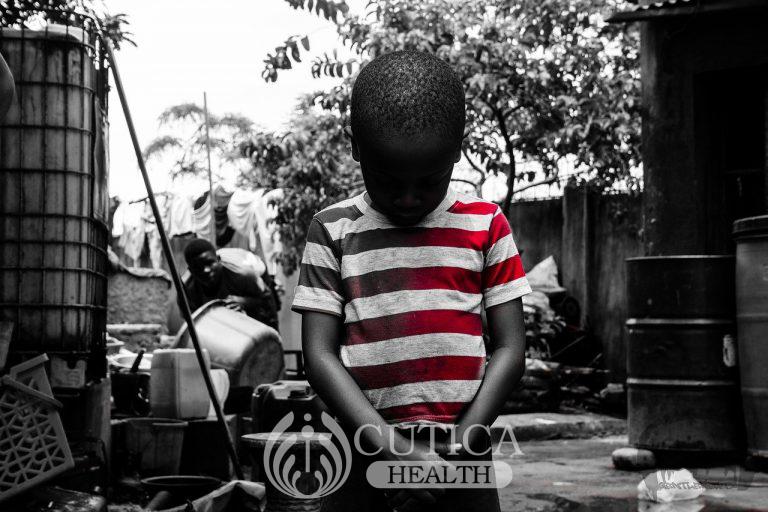

“What is the matter with Ahmed again?” Ada asked herself. Ahmed, Ada’s 6-month-old son, has been running a mild temperature and eating poorly, off and on, for the past two days. Ahmed, is however, still playful most of the time and seizes every opportunity to bite with his toothless gums. Could Ahmed be teething? Yes, indeed! There are also simple ways to make babies like Ahmed feel more comfortable.
Teething in babies: what to look out for and simple remedies
- Fussing and irritability. Your baby may get a little fussy and cry more often when expecting a tooth eruption.
Remedy: Lots of attention is what they need plus breastfeeding, which gives magical calm to a fretting baby.
- Drooling. Drooling is part of a baby’s normal activity that increases when the gums are preparing to birth a tooth.
Remedy: While there are no remedies for drooling, you can manage it by ensuring the face stays dry to prevent a rash in the affected area.
- Frequent gnawing and biting. Because your child has attained the teething phase, he/she naturally feels the urge to bite at things. So, when you notice him/her gnawing at hard surfaces from time to time, it is a sign that someone is preparing to crush off tasty meals.
While some mothers buy over the counter gels for the baby, this practice is discouraged to avoid accidental chemical poisoning.

Remedy: You can make a popsicle by mixing and freezing your baby’s favorite fruit; give this to your fussing baby to chew at instead. Additionally, you can get soft toys for the child to chew on and rub the fuss away.
- Frequent cheek rubbing and ear pulling. If you notice your baby rubbing the cheek and drawing at the ears amidst fusses, it is likely caused by the pain in the gums, especially when the molars are erupting.
Remedy: Use a clean finger to rub on the gums, a little massage will relieve the discomfort.
- Mild fever and diarrhea. Some babies do develop a mild rise in body temperature and frequent stooling may be noticed when a tooth is setting to appear. A mild fever should be around 98-100 degrees, and temperatures beyond that shouldn’t be ignored as such may indicate another cause of fever apart from teething.
Remedy: Frequent breastfeeding and fluid are advised, as well as a pediatrician’s recommended pain medication. Teething powders have a long history with mothers, but there isn’t enough medical support for the rubbing of painkillers on an infant’s gums.
It is best to seek medical advice from a professional if a baby has significant fever or diarrhea.
Here are the symptoms to be worried about

In as much as mild symptoms are normal when a child is teething, certain variations and severe symptoms can be a source of great concern:
- High Fever. Fever has been mentioned as one of the signs that accompany teething in babies, but when the fever is beyond 100 degrees, it is a good time to visit the health center or consult your pediatrician.
- Diarrhea. Frequent stooling might be noticed, but shouldn’t be allowed to linger because it might lead to dehydration. As a rule, whenever you notice your child’s stool frequency has increased or the texture is a bit different, make an effort to report to your medical provider.
- Reduced appetite. Teething causes a lot of discomfort for babies and this might lead to a decline in their appetite for solid food or even liquids. This is normal, but when they consistently refuse liquids or breast milk, it is a clear reason to visit your pediatrician, as this may be more than teething.
- If the fussiness gets intense. It is normal to have a fussy baby when the teething phase arrives, but when the baby refuses to be comforted at all and wouldn’t eat, then it is alright to be worried. Consult your doctor as soon as possible for an accurate diagnosis.
Take Home Message: Teething is one of the phases every child goes through, and they always come out happy after months of uneasiness. While they are many suggestions and natural therapies, it is best to stay with what is medically proven to keep your child safe. Your child can have a happy teething phase while you enjoy memorable bonding moments.












